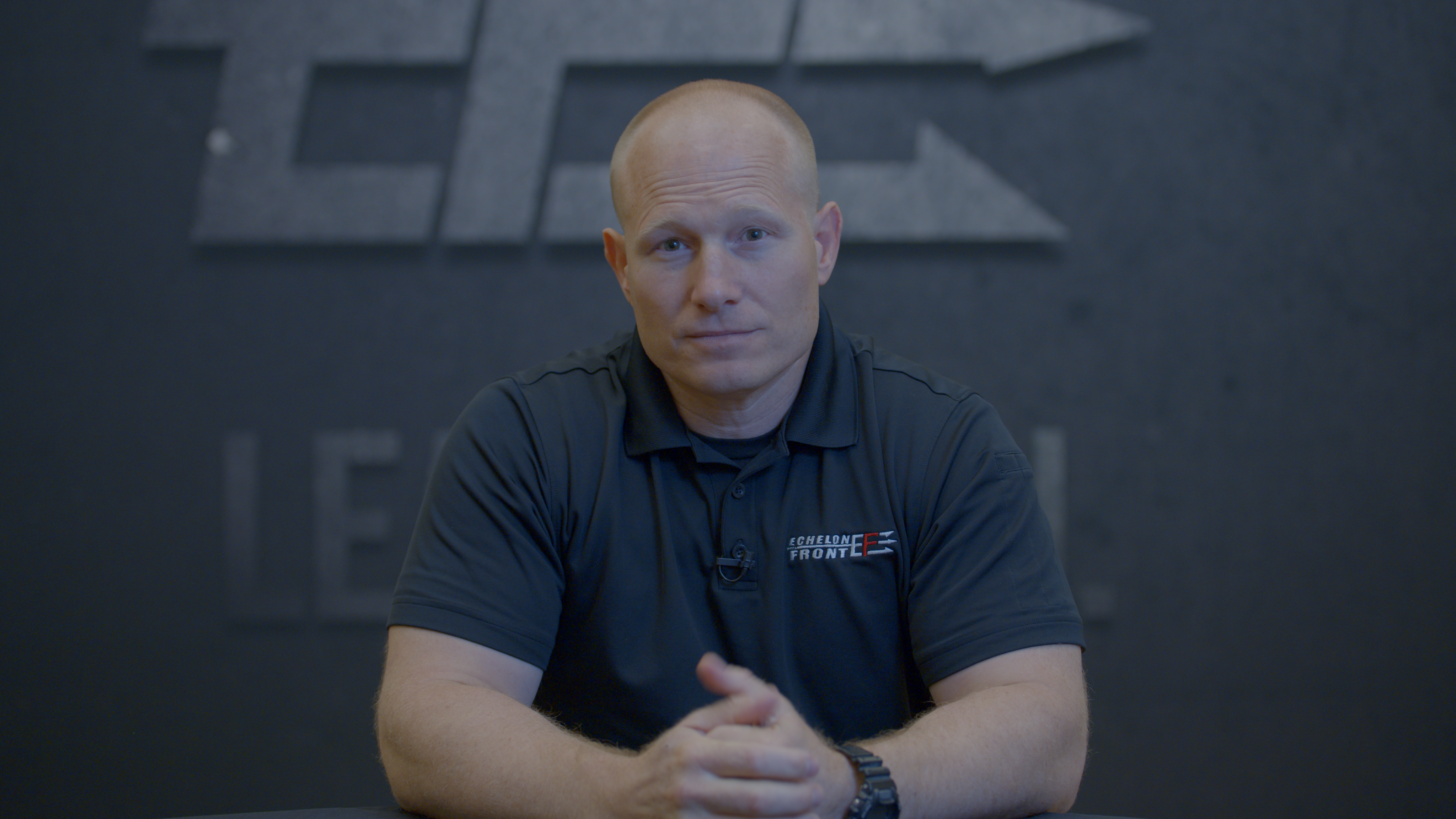When it comes to leadership, one of the most critical and often overlooked responsibilities is planning for the future of your team or organization. Succession planning is about much more than filling an empty chair—it’s about preparing your team and your organization for the future. You’re not going to lead
In the realm of business and leadership, the term “employee attrition” frequently surfaces, yet its profound implications on an organization are often misunderstood or underestimated. What is employee attrition, and why does it hold such significance in the effective management and growth of a company? This article delves into the
Leadership is a skill learned through training and experience. Learn how to build an effective leadership program inside your organization. Leadership is the most important thing. Of all the humbling lessons we learned on the battlefield, the greatest lesson we brought back with us is that leadership is the critical
“If you really feel like you need to make a statement that you know has some value, instead of making a statement. Try asking a question.” -Jocko Willink, Standard Directive 013 Intro: Not Just Questions. Earnest Questions. Asking questions is a core component of almost every tactic and strategy we
In order for a team to reach its highest potential, every leader on that team must also be as effective and as skilled as they can possibly be. As a leader in a formal position in the chain of command, it is your responsibility to coach and train your people
In the Summer of 2010, Kilo Company of 3rd Battalion, 7th Marines got dropped off on top of a desert knoll in Musa Qalah, Afghanistan. Along with them, as one of their combat engineer attachments specializing in IED detection, was me. Our mission over the next two weeks was to
Understanding attrition and its implications is crucial for maintaining a healthy team and ensuring long-term success. Attrition refers to the natural or voluntary reduction of staff as employees retire, resign, or move to other opportunities. This article dives into attrition and how it affects businesses, it helps outline some good
Attrition in business refers to the gradual reduction of employees, typically through departures such as resignations, retirements, or even disengagement. It’s often considered an HR issue, but at its core, attrition is a leadership challenge. The adage, “People don’t leave companies; they leave managers,” encapsulates this well. When leaders fail
In today’s rapidly evolving business environment, understanding what are skill gaps in the workplace is crucial for maintaining a competitive edge and successful workforce. Skill gaps represent the difference between the skills required for a job and the skills employees currently have. Addressing these gaps is essential for boosting productivity,
In today’s fast-paced world, emotions often dictate our responses, leading us to react impulsively. And we DO NOT make good decisions when we are emotional. As leaders, it’s critical that we harness the power of detachment—transforming it into our superpower. At Echelon Front, we teach tactics to help leaders detach
Employee skill gaps are not just numbers on a report; they are the distance between where your team is and where they need to be. This gap can stem from rapid technological changes, evolving job roles, and a need for proper training. As leaders, it’s our job to identify and
Succession planning is more than just a backup plan; it’s a proactive approach to leadership development. By identifying potential leaders early, you prepare your organization for smooth transitions, minimize disruptions, and maintain operational integrity. This strategy ensures that the future of your company is always in capable hands, and that
Throughout every human being’s life, they will have experiences, gain knowledge, and form opinions that shape what they think and how they behave. When that same person then must interact with other human beings, they will be interacting with someone else who has a completely different set of thoughts and
In this Debrief, Jocko and Dave dive into the pitfalls of workplace resentment, comparing it to the Cain and Abel story. Being promoted above peers can spark jealousy, but navigating it well is crucial. Open communication, emotional detachment, and leading by example are key strategies. One anecdote illustrates how resentment
In the realm of leadership, the concept of detachment is often misunderstood. Traditionally associated with a lack of care or disengagement, true detachment in leadership is a strategic tool that enables leaders to maintain objectivity, make informed decisions, and effectively prioritize tasks. This approach not only enhances personal leadership skills
As leaders, we plan for growth, market shifts, and technological advancements. Yet, one crucial aspect that often gets overlooked is business succession planning. But what exactly is business succession planning, and why is it important from a leadership perspective? Leadership and Ownership Business succession planning is a process to ensure
To lead effectively, we need the ability to separate our decision-making from our emotions. By viewing situations without being swayed by our immediate emotional responses, we maintain clarity, focus on what truly matters, and make better decisions. At Echelon Front, we teach that the ability to detach our emotions from
To accomplish any goal, your team must work together. These team environments are never straight forward, static, or simple. They are often chaotic, dynamic and ever-changing situations. To operate efficiently, you, as the leader, need a team that is collaborating effectively to overcome challenges and work together. Ideally, your team
Advancing our impact, effectiveness, and professional careers requires continuously developing new skills and preparing ourselves to move into new roles requiring capabilities we may not have developed yet. This divide between the skills we currently have and those we need for the next role, level, or opportunity is a “skills
We’ve all been there, caught up in a wave of strong emotions, only to send an email or text we wish we could take back. If we’re not careful, our emotions can steer us into trouble. So, how can we keep our emotions in check and respond thoughtfully rather than
Leading is emotional. Whether you are leading on the battlefield, in the boardroom, or in your home, the decisions you make may very well have lasting ramifications for the people you are leading and for your own life. One of the most important roles of a leader is to make


















